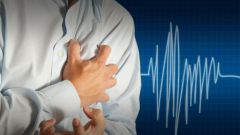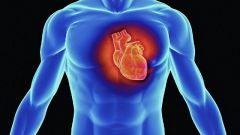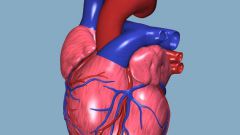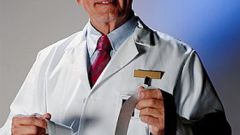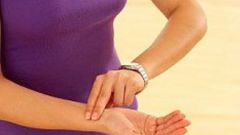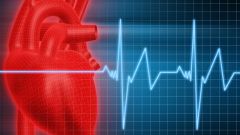The frequency of the pulseand depends on how and how much blood and oxygen for him to be pumped. Usually the heart has to work more when you exercise. For example, in an adult healthy man normal pulse is 60 to 80 beats per minute. Least of all when you lie. If you take a sitting position, the pulse quickens for 4-6 beats, then when you get the number of beats increases by 5-6 points. Of course, when walking or running , the heart rate quickens even more. In this case, it is considered normal even pulse with 160 beats per minute, although, of course, the heart of trained people work more rhythmically and calmly.The concern should cause a situation when your pulse rate exceeds 100 beats per minute, if you don't show any physical activity, or if after 5-10 minutes after running or heavy lifting normal heart rhythm is not restored. This may indicate disease of the cardiovascular system.The more frequent the pulsebut can happen due to strong emotions and nervous excitement. The heart is forced to work in the strengthened mode various diseases or physiological changes in the body. For example, if increased body temperature by just one degree , the pulse quickens adult 8-10 beats, and the child more than 15-20 beats per minute. Change the heart rate fluctuations of blood pressure, asthma, anemia, dysfunction of the thyroid gland, adrenal glands. Accelerated pulse observed among people suffering from heart failure or have suffered a stroke."Beat" out of rhythm heart caffeine, nicotine, drugs, alcohol, and certain medications. That is why you often hear the calls of doctors to lead healthy lifestyles.Is important for normal functioning of the heart catering. Heart overweight people harder to cope with their work. And if you've come to the conclusion that it is necessary to get rid of extra pounds, it is, in principle, very right. But using a fasting diet, try to give your body all the necessary nutrients, especially potassium and b vitamins. Disorders of mineral metabolism can lead to a significant increase in pulsebut.
Why quickens the pulse
The state of heart can be called perfect, when he does not notice his work. But, unfortunately, many people can not boast of it. Complaints about the functioning of the heart starts most often when there is rapid heartbeat. Why also quickens the pulse and whether it is a symptom of a serious problems in the body?
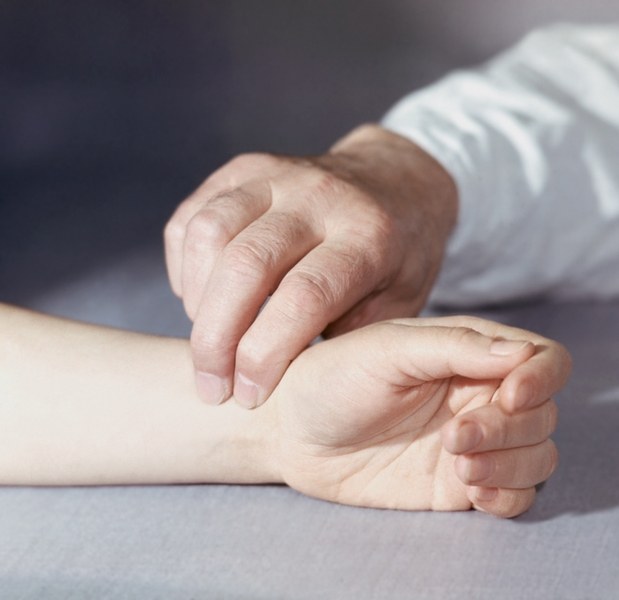
Is the advice useful?
